Filter by

The Onlife Manifesto : Being Human in a Hyperconnected Era
Philosophy of Technology; R & D/Technology Policy; Media Sociology
- Edition
- -
- ISBN/ISSN
- -
- Collation
- -
- Series Title
- -
- Call Number
- 650
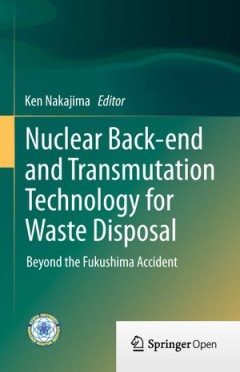
Nuclear Back-End and Transmutation Technology For Waste Disposal : Beyond The…
Effects of Radiation/Radiation Protection; Nuclear Engineering; Particle and Nuclear Physics; Waste Management/Waste Technology; Industrial Pollution Prevention; Nuclear fuel cycle; Environmental radiation; Nuclear transmutation; Accelerator-driven systems (ADS); Nuclear reactor; Radioactive wastes
- Edition
- -
- ISBN/ISSN
- 9783319191676
- Collation
- -
- Series Title
- -
- Call Number
- 650
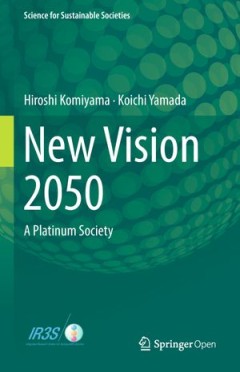
New Vision 2050
Sustainability; Climate change; Saturation; Leading country in resolving societal problems; Resource self-sufficiency; Urban mines; Renewable energy; Human-nature symbiosis; Aging society; Longevity; Lifelong learning; Sustainable cities; Low carbon society; Zero emission; Quality of life
- Edition
- -
- ISBN/ISSN
- 9784431566229
- Collation
- -
- Series Title
- -
- Call Number
- 650

New Horizons For a Data-Driven Economy : a Roadmap For Usage and Exploitation…
- Edition
- -
- ISBN/ISSN
- 9783319460307
- Collation
- -
- Series Title
- -
- Call Number
- 650
- Edition
- -
- ISBN/ISSN
- 9783319460307
- Collation
- -
- Series Title
- -
- Call Number
- 650
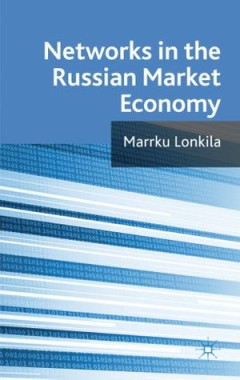
Networks in the Russian Market Economy
If Russia has become a market economy, how does it function on a grassroots level? In addition to market mechanisms, what kinds of social and moral principles are at work in the new Russian economy? Is the 'Soviet legacy' still present in post-Soviet business practices? This book searches for answers to these questions, by investigating the networking practices of the Russian software industry.…
- Edition
- -
- ISBN/ISSN
- 9780230252394
- Collation
- -
- Series Title
- -
- Call Number
- 650
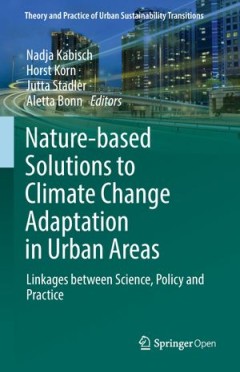
Nature-Based Solutions To Climate Change Adaptation in Urban Areas : Linkages…
climate change; cities; society; biodiversity; mitigation; impact
- Edition
- -
- ISBN/ISSN
- 9783319537504
- Collation
- -
- Series Title
- -
- Call Number
- 650
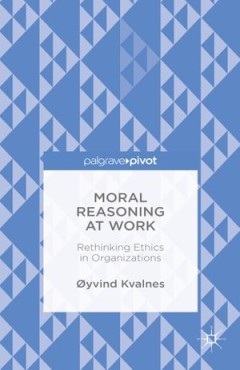
Moral Reasoning At Work : Rethinking Ethics in organizations
Business and Management, Leadership and Strategy, Organisational Behaviour, Human Resources
- Edition
- -
- ISBN/ISSN
- 9781137532619
- Collation
- -
- Series Title
- -
- Call Number
- 650
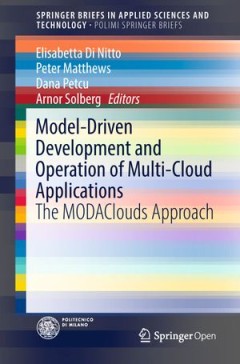
Model-Driven Development and Operation of Multi-Cloud Applications : The Moda…
Communications Engineering, Networks; Computer Communication Networks; Software Engineering; Computational Intelligence
- Edition
- -
- ISBN/ISSN
- 9783319319025
- Collation
- -
- Series Title
- -
- Call Number
- 650
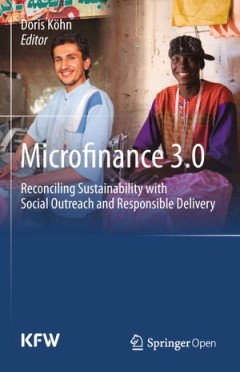
Microfinance 3.0 : Reconciling Sustainability With Social Outreach and Respon…
Development Economics; Macroeconomics/Monetary Economics//Financial Economics; Finance, general; Business Strategy/Leadership; Ethics; Economic Growth; Microfinance; Development Finance; Sustainable Development; Good Corporate Governance; Interest Rates; Sustainability
- Edition
- -
- ISBN/ISSN
- 9783319162584
- Collation
- -
- Series Title
- -
- Call Number
- 650
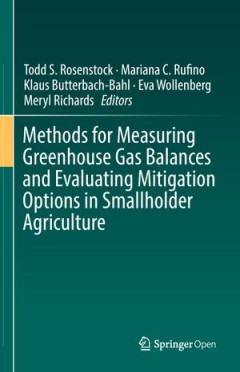
Methods for Measuring Greenhouse Gas Balances and Evaluating Mitigation Optio…
environmental management; air quality control; air pollution; climate change; agriculture; atmospheric protection; soil science; conservation
- Edition
- -
- ISBN/ISSN
- 9783319297927
- Collation
- -
- Series Title
- -
- Call Number
- 650
 Computer Science, Information & General Works
Computer Science, Information & General Works  Philosophy & Psychology
Philosophy & Psychology  Religion
Religion  Social Sciences
Social Sciences  Language
Language  Pure Science
Pure Science  Applied Sciences
Applied Sciences  Art & Recreation
Art & Recreation  Literature
Literature  History & Geography
History & Geography